Ali Khattab (a self-funded PhD student at the Faculty of Health & Social Sciences, Bournemouth University) recently presented a research paper at the 2nd World Congress on Digital Olfaction in Japan, exploring the link between olfactory dysfunction and subjective visual vertical in Parkinson’s disease”. A summary of Ali’s experience is presented in the following report.
Nowadays, visual and auditory information can be digitally captured, stored and reproduced. Therefore, there is a need to create devices which can capture odours, turn them into digital data so that to transmit them everywhere in the world and to use them in medical and other industrial applications.
The aims of the 2nd Digital Olfaction World Congress (held in Tokyo-Japan, December, 2014) were to explore:
• The advances of digital olfaction research & development
• The practical applications of digital olfaction, particularly in the areas of health care and industry.
• The impact of these applications on our life and lifestyle.
Ali presented a research paper at the Congress entitled: “Olfactory dysfunction and its link with subjective visual vertical (SVV) perception in Parkinson’s disease”. The aim is to determine the profiles of subjective visual vertical (SVV) perception and sense of smell perception and their possible link with micrographia (small handwriting) in Parkinson’s disease (PD) patients and compare them to age and gender matched healthy controls. The outcomes of the research paper were: (i) PD patients have significant impairment of their olfactory function, however, their ability to estimate visual vertical did not differ significantly from an age and gender matched healthy controls; (ii) 25% of PD patients showed evidence of micrographia (small handwriting); (iii) subgroup analysis suggested that PD patients with micrographia have more evidence of olfactory impairment, reported more SVV errors, and have more motor problems than patients with normographia (normal handwriting). However, these differences were not statistically significant. As this is an interim analysis of half of the data collected so far, these results need to be interpreted with caution.
When Ali submitted his abstract, the original plan was to present the work as a poster at the conference. However, the organising committee recognised the potential application of Digital Olfaction in health and social care, and decided to give Ali a platform oral presentation on the first day of the conference. The presentation was well-received, with plenty of questions raised after the talk and during the coffee breaks.
This congress was very relevant to the Parkinson’s disease research currently being carried out at Bournemouth University (in collaboration with the Royal Bournemouth Hospital) as BU has now two PhD students who are doing their research on the link between sense of smell and Parkinson’s disease. The work involves testing for sense of smell in an open cross-sectional observational study, involving a large number of participants with Parkinson’s disease and a matching number of volunteers without Parkinson’s disease (as a control group). In these studies, the perception for sense of smell was tested using University of Pennsylvania Smell Identification Test (UPSIT)). This particular test consists of a set of scratch cards with different odours. Participants are asked to identify the odour by choosing from a menu of possible four choices. These cards have to be purchased from the USA on regular basis. Therefore, there is a need to consider introducing digital olfaction technology in assessing patients with PD or –indeed- with other neurological conditions.
Attending the Congress allowed us to:
- Present BU research on the link between visual perception & sense of smell in Parkinson’s disease at an international Congress in front of international audience; this gave BU an exposure at a global level.
- Explore the possible use of Digital Olfaction in assessing the sense of smell in our research.
- Networking with IT industry, academics and researchers who are leading authorities in their fields of research and explore with them the possibility of introducing such a new technology into the diagnosis of Parkinson’s disease in the future.
The conference was an opportunity for international researchers and academics, and people from other disciplines to meet in order to present their work and to discuss issues related to:
• Devices that capture odours
• How odours can be turned into digital data
• Restitution of odours by the transmission of these data
• Artificial olfaction and biologically-inspired models
• High Smell Technologies as electronic noses, neural circuits in olfactory systems, artificial intelligence olfaction systems
• Biosensor systems, software program, chemical engineering
• Telecommunication
• Environmental control
• (Bio)medical applications in olfactory treatments and diagnosis
People who are interested in digital olfaction were invited to join this congress to gather the information of recent progress, share it with others and spread the information all over the world. Moreover, participants were encouraged to show demonstrations in order to share the experience of Digital Olfaction together.
Finally one of the goals achieved during this congress was establishing the international link related to Digital Olfaction among a variety of fields and disciplines (such as biology, medicine, nursing computer science, electronics, chemistry, mechanical engineering, social sciences, psychology, art, etc.). This was achieved as attending the Congress enabled us to explore the interdisciplinary sciences related to Olfaction in general and to Digital Olfaction in particular. The Congress also focused on the way in which we can transfer the concrete breakthroughs of Research and Development concerning Digital Olfaction into medical and industrial applications.

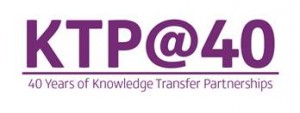
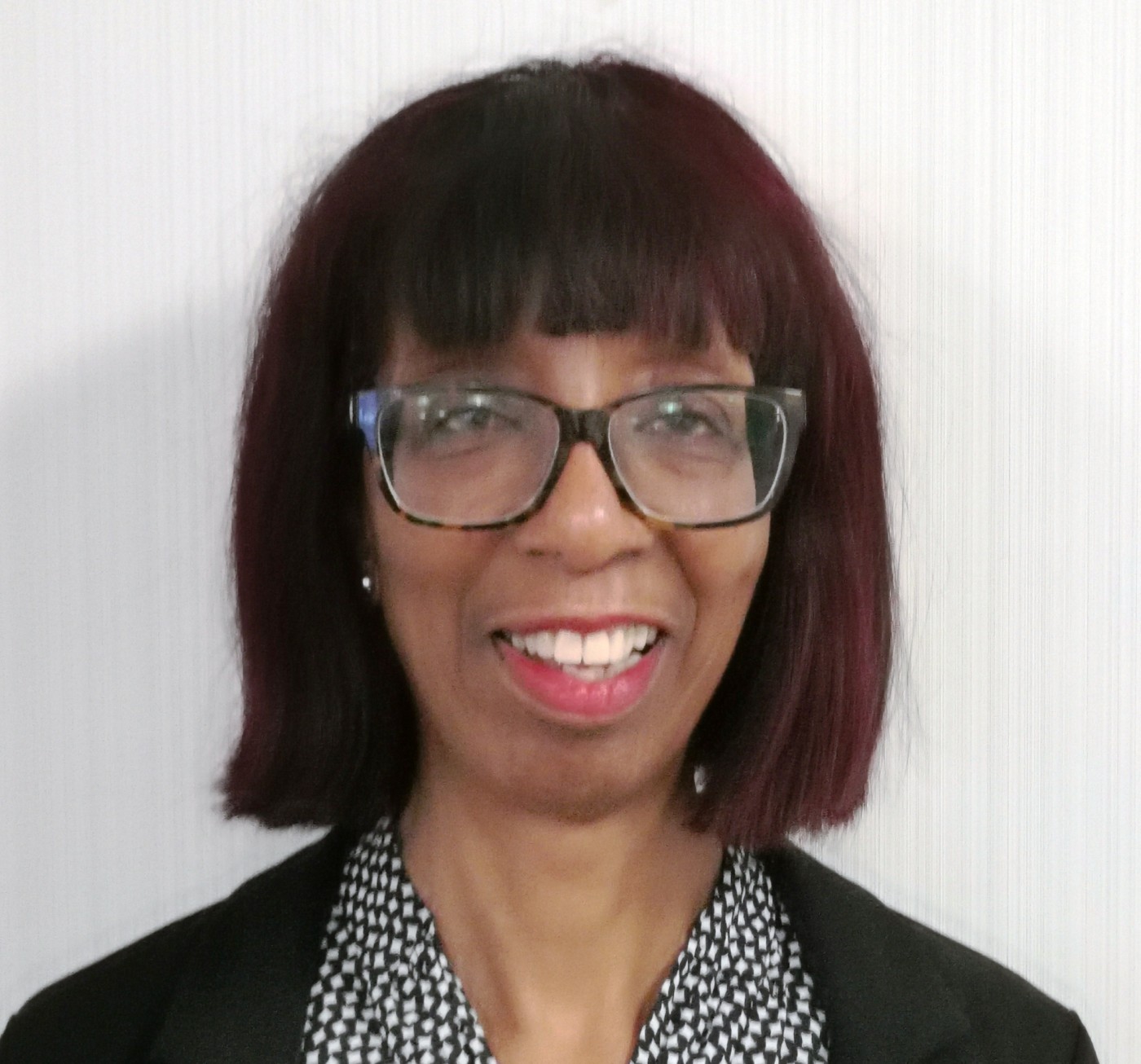 Charmain Lyons
Charmain Lyons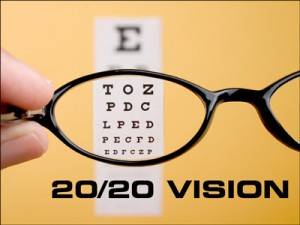

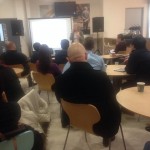
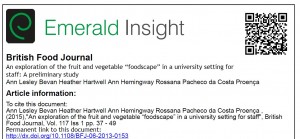


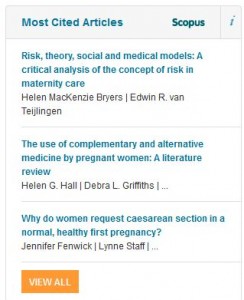



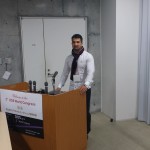
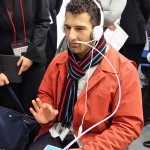











 TANGERINE project has lift off with BPC Indian Community!
TANGERINE project has lift off with BPC Indian Community! Postgraduate Research Experience Survey (PRES) 2024 – Closing today
Postgraduate Research Experience Survey (PRES) 2024 – Closing today THE INNOVATION COMMON ROOM: Going Old School
THE INNOVATION COMMON ROOM: Going Old School Apply for up to £1,000 to deliver an event and take part in a national festival of public engagement with research
Apply for up to £1,000 to deliver an event and take part in a national festival of public engagement with research MSCA Postdoctoral Fellowships 2024
MSCA Postdoctoral Fellowships 2024 Horizon Europe News – December 2023
Horizon Europe News – December 2023